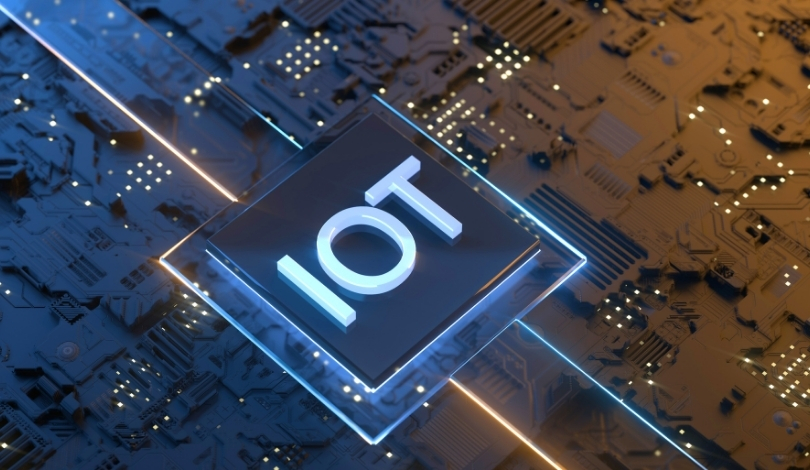Businesses with assets in isolated areas often struggle with connectivity. Addressing this issue, Vodafone IoT and Iridium Communications announced a partnership that seeks to bridge coverage gaps for NB-IoT devices through satellite technology. This cooperation opens new opportunities for continuous monitoring and management of devices in locations previously served by unreliable or no networks. The development reflects growing demand for global, consistent IoT solutions as industries diversify their remote operations.
Iridium’s NTN Direct integration with Vodafone IoT follows previous market developments in direct-to-device satellite connectivity, where similar collaborations have featured pilot projects and regional coverage. While earlier efforts were often limited by compatibility and regulatory hurdles, this new agreement anticipates full commercial launch by 2026, promising seamless, standards-based NB-IoT and D2D services on a global scale. Such advancements mirror the sector’s push for uniform coverage and reliability rather than fragmentation by geographic boundaries or technology silos.
What advantages does Iridium NTN Direct offer Vodafone IoT?
The Iridium NTN Direct service brings standards-based NB-IoT and direct-to-device connectivity to Vodafone IoT’s global clients, aiming to maintain connection anywhere on Earth. Integrating these services allows Vodafone’s customer base to leverage Iridium’s L-band satellite network, renowned for consistent, low-power operation regardless of weather or challenging terrains. This capability is essential for industries like energy, maritime, logistics, and emergency response relying on uninterrupted data links.
How will customers benefit from the expanded coverage?
By gaining access to Iridium’s satellite infrastructure, Vodafone IoT customers can expect more reliable data messaging, asset tracking, and real-time monitoring. Applications range from remote wind farms and oil pipelines to vessels navigating open seas and critical public safety operations. A representative of Vodafone IoT noted,
“By using direct-to-device satellite connectivity, new and existing customers will benefit from truly global coverage – meaning they can reliably connect their devices in corners of the world where they can’t today.”
What is the anticipated timeline and scope for the commercial launch?
Tests and integration are scheduled ahead of a planned 2026 commercial launch, with service intended to be available globally. Both companies aim for this partnership to support scalable, secure IoT communications for a wide range of enterprise needs, promising continuity of service even in the harshest environments. As Matt Desch, CEO of Iridium, stated,
“This collaboration will help transform the landscape of global connectivity by providing uncompromised scalability and advancing our shared vision to connect and empower enterprise assets and people everywhere.”
As satellite IoT grows in importance, the deal between Vodafone IoT and Iridium stands out for its emphasis on 3GPP-compliant NB-IoT connections and broad coverage ambitions. For enterprise customers, the initiative signals an era where isolated locations become as accessible for data and device management as more traditional urban landscapes, with solutions grounded in standards recognized across cellular and satellite communication sectors. Familiarity with Iridium’s operational reliability, coupled with Vodafone’s reach, offers practical assurances for those planning large-scale IoT deployments that span different continents or environments.










